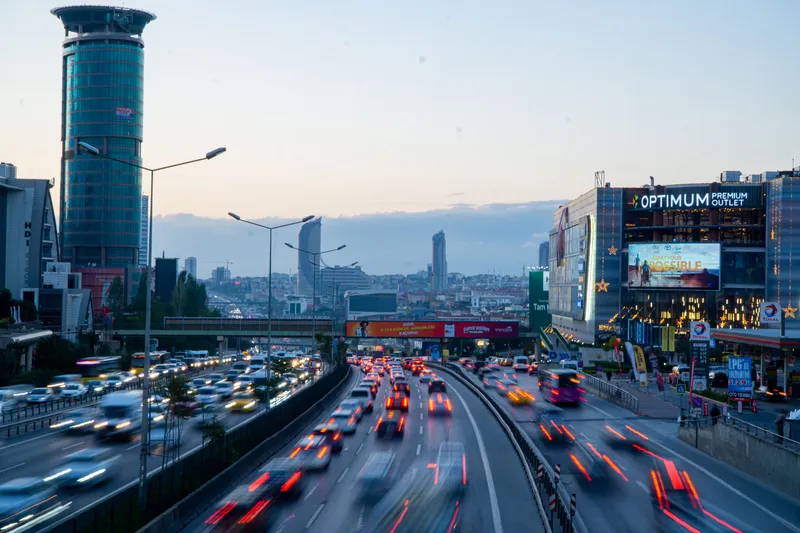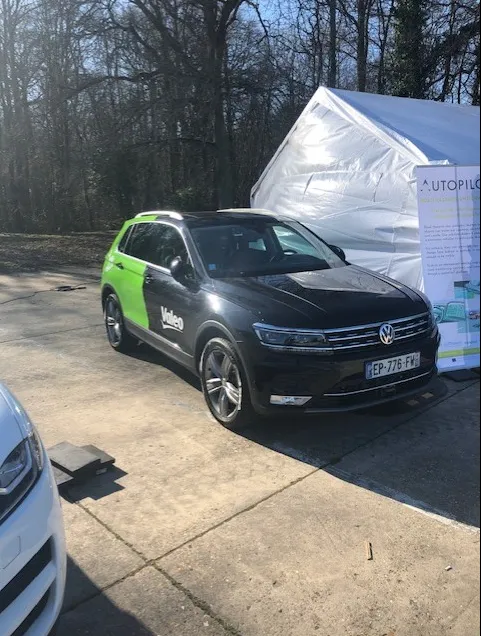A consortium led by FiveAI called StreetWise is carrying out commuter research trials for autonomous vehicles (AVs) on public roads in London.
FiveAI says the trials will aim to gather insights into AV services, which it says could offer a greener alternative to urban commuter cars.
The software company is working with insurance group
As part of the project, FiveAI has provided the reference software stack that powers all aspects of the self-driving system. The stack was developed and trained using a dataset from UK roads and cities, including London.
Additionally, TRL is assessing researching participants’ willingness to use and pay for a shared AV service as well as measuring their attitudes towards safety and trust. It is also establishing a safety case for the StreetWise project and generating an independent database of scenarios for simulation testing.
Meanwhile, Direct Line is providing research participants for the trials. The firm’s head of motor product, Neil Ingram, says: “As technological advances continue at pace and self-driving cars become a reality, insurers need to understand how that changes risk; cars will increasingly be controlled by software rather than humans.”
He explains that the partnership will provide Direct Line with insight that will help to develop “insurance solutions for new tech enabled mobility services.”
StreetWise is a consortium initiative funded by UK Research and Innovation through the Industrial Strategy Fund and part of a programme managed by the Centre for Connected and Autonomous Vehicles.
FiveAI starts AV commuter trials in London
A consortium led by FiveAI called StreetWise is carrying out commuter research trials for autonomous vehicles (AVs) on public roads in London.
FiveAI says the trials will aim to gather insights into AV services, which it says could offer a greener alternative to urban commuter cars.
The software company is working with insurance group Direct Line and safety organisation Transport Research Laboratory (TRL) to carry out the trials in the boroughs of Croydon and Bromley.
As part of the project, FiveAI has
October 28, 2019
Read time: 2 mins










